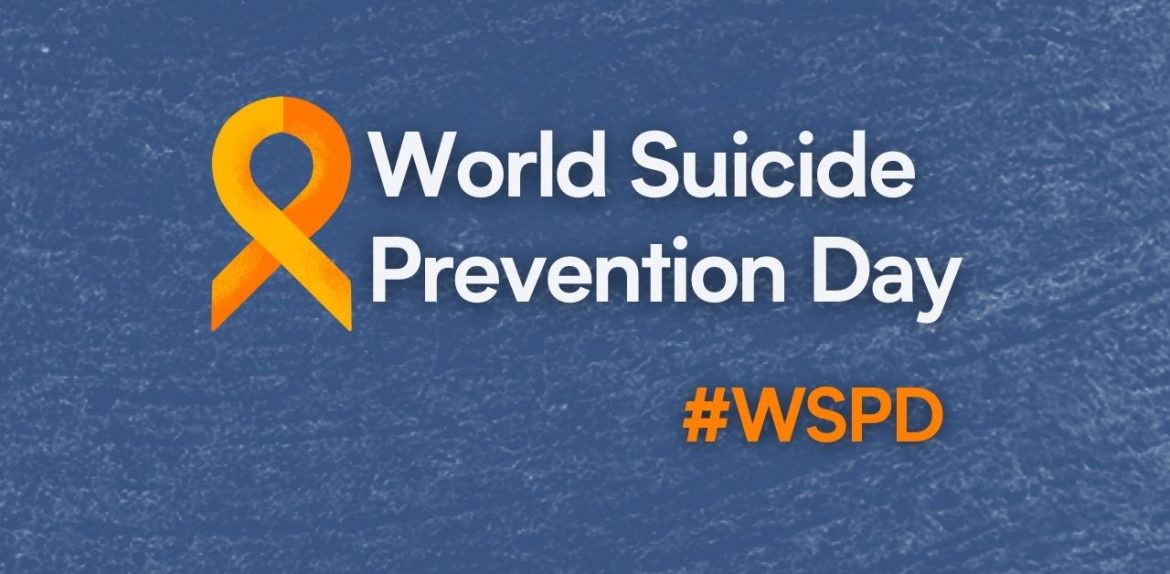By Iyemah David
Mental health advocates have emphasised the need for enhanced awareness and support to address the rising rates of suicide in Nigeria, as the country marks the World Suicide Prevention Day (WSPD).
Speaking in Abuja during the commemoration of the 2024 WSPD, the stakeholders stressed the importance of tackling mental health issues and reducing societal stigma.
The theme for WSPD 2024-2026, “Changing the Narratives on Suicide,” focuses on “Telling Our Stories,” to foster openness and support.
According to mental health advocates, this approach is essential to creating a more supportive environment for those struggling with mental health challenges.
Founder of the Mandate Health Empowerment Initiative (MHEI), Mr Ameh Zion highlighted the significance of the theme, stating that it encourages communities to engage in open discussions about mental health and suicide.
“It’s vital to create an environment where people feel safe seeking help without fear of judgment,” Zion said.
He pointed out that the stigma surrounding mental health issues in Nigeria often prevents individuals from seeking the help they need, further exacerbating the problem.
Mr Zion urged the government to create initiatives that promote dialogue on suicide prevention, emphasising the need for every conversation to contribute to breaking down barriers and raising awareness.
Echoing these sentiments, the founder of the Lafiya Wealth Initiative, Mohammed Usman stressed the importance of integrating suicide prevention into national and state-level policy-making.
He urged the government to prioritise mental health resources, noting Nigeria’s severe shortage of mental health professionals.
“With a population exceeding 200 million, Nigeria has only one psychiatrist per one million people,” Usman said, highlighting the challenges faced in providing adequate mental health care, particularly in underserved areas.
A mental health specialist, Dr Ifeoma Nwachukwu called for accessible mental health services, criticising the current out-of-pocket payment model.
“Economic stress can lead to mental health issues, and financial difficulties often prevent individuals from accessing necessary treatment,” Nwachukwu said, adding that mental health should be treated as critically as physical health.
Survivors and families impacted by suicide shared their stories, emphasising the importance of seeking help. a teacher who lost her brother to suicide, Ms. Funke Akin has become a mental health advocate.
“The tragic loss of my brother spurred me to advocate for better mental health care and support,” Akin shared.
A 2020 World Health Organisation (WHO) report revealed that approximately 30 per cent of Nigerians experience some form of mental illness, with challenges such as the COVID-19 pandemic, unemployment and security concerns worsening the situation.




